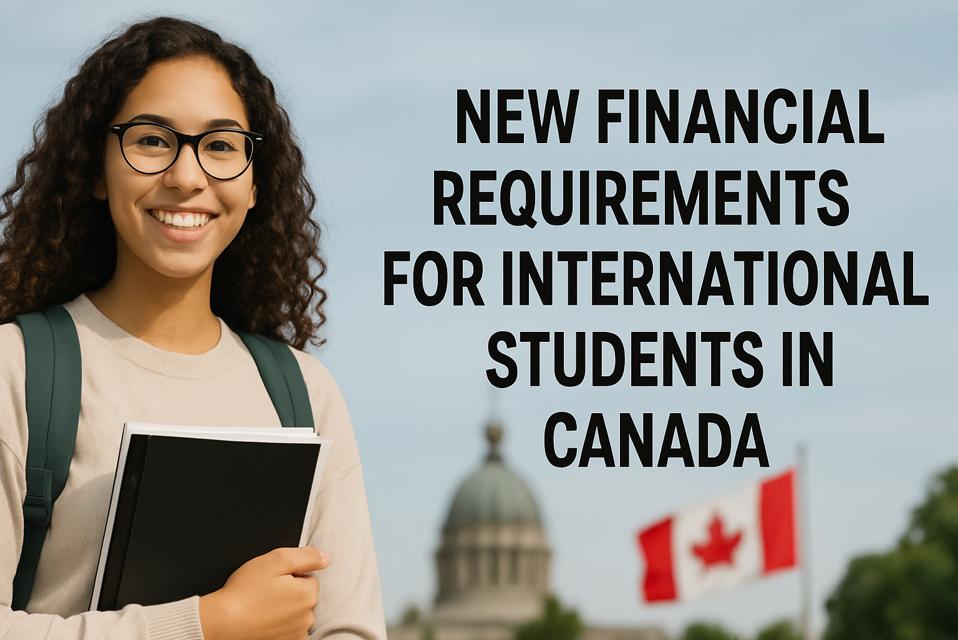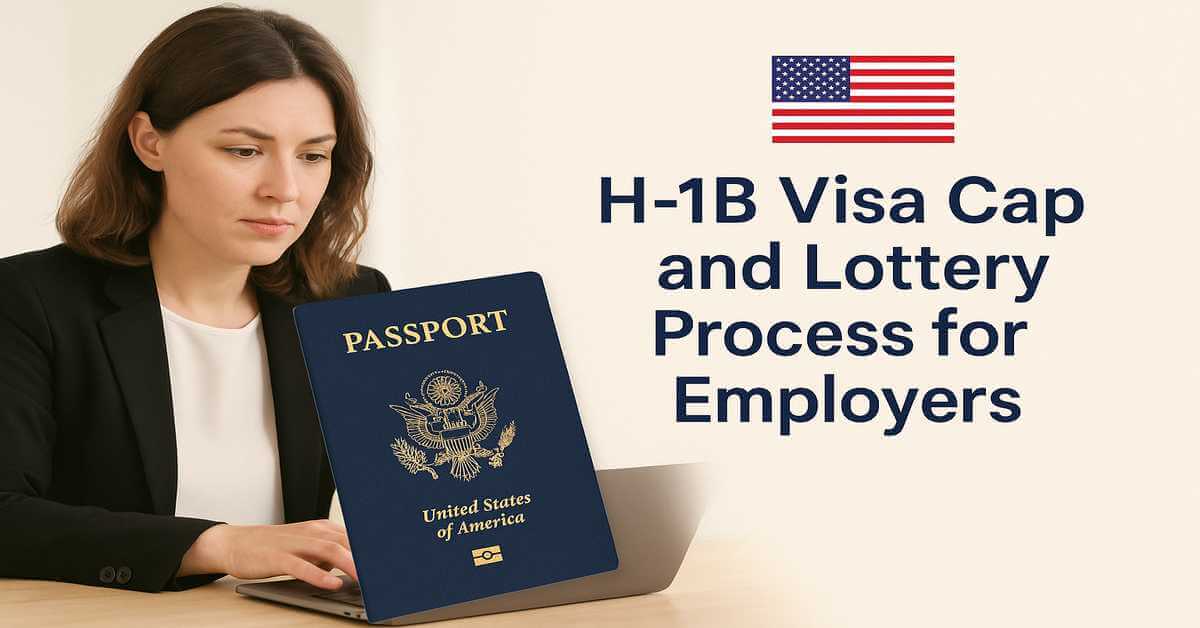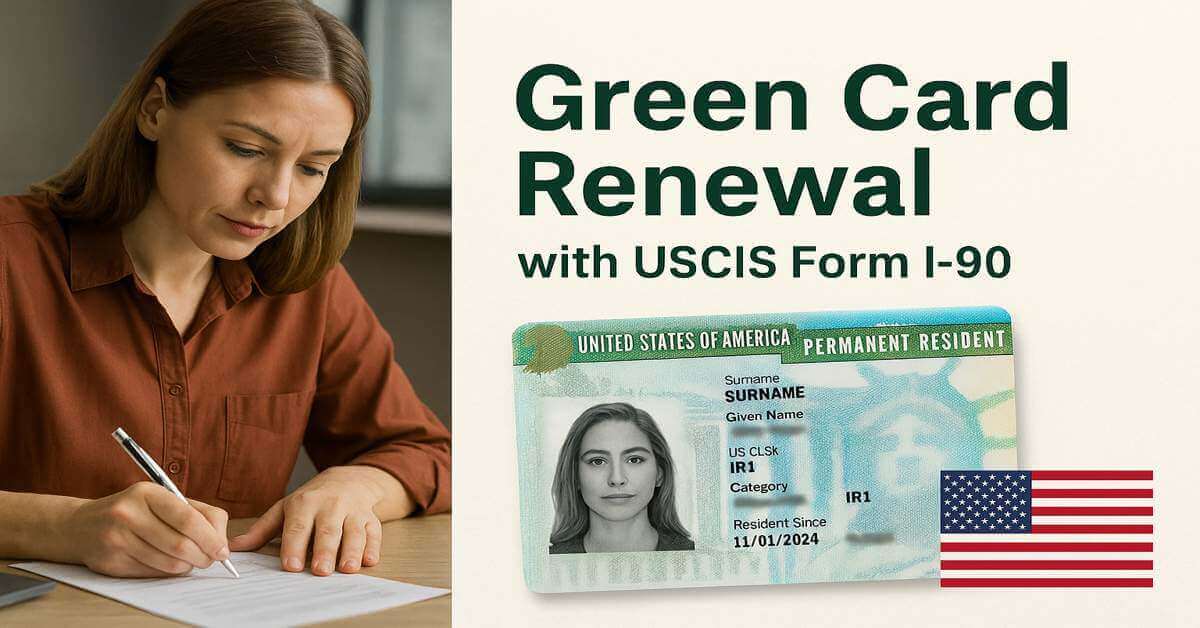Starting in September 2025, Canada will implement new financial requirements for international students applying for study permits. These updated regulations are intended to ensure that students have sufficient funds to support themselves during their studies, reflecting the rising cost of living across the country. Applicants will be required to demonstrate higher proof of funds compared to previous years, aligning with federal benchmarks to better protect students from financial hardship. The changes are part of Canada’s ongoing efforts to enhance the integrity and sustainability of its international education system.
What’s Changing and Why?
The proof-of-funds requirement for a single applicant will increase from CAD $20,635 to CAD $22,895 under the new policy by Immigration, Refugees and Citizenship Canada (IRCC). In a single year, that equates to a nearly 11% increase. For what reason? The IRCC has stated that this modification is indicative of the updated cost-of-living benchmarks in Canada, as even maple syrup and winter outerwear are not becoming more affordable.
According to Canada, this is intended to “prevent students from arriving with inadequate funding.” In simplified terms: If you are unable to afford the rent, food, transit, health care, and the occasional Tim Hortons, it is likely that you should not be arriving here on a study permit.
Let’s Talk Numbers (2025 Requirements Outside Quebec):
| Family Size | Required Funds (Excl. Tuition) |
|---|---|
| Single student | CAD $22,895 |
| Student + 1 Family Member | CAD $28,502 |
| Student + 2 Family Members | CAD $35,040 |
| Each additional family member | Add CAD $6,538 |
These sums are distinct from your tuition fee, airfare, or any other student fee. Before IRCC will even contemplate stamping your permit, you must demonstrate that you can provide for yourself and any accompanying family members.
Not Affected? Here’s Who Escapes the Hike:
- The current CAD $20,635 rule continues to apply to students who submit applications prior to September 1, 2025.
- Students who are applying to universities in Quebec adhere to their respective provincial regulations.
What Should You Do Now?
- If your financial situation is precarious and you wish to capitalize on the present lower threshold, submit your application in advance.
- Begin the process of storing or organizing GICs, bank letters, or scholarship letters to reflect the increased amount.
- It is advisable to refrain from submitting nebulous “sponsorship” letters; the IRCC requires tangible evidence, such as bank balances, certified education loans, or GICs (Guaranteed Investment Certificates).
Check Also: Canada Biggest Lester B. Pearson International Student Scholarships
International Students, Take Note!
This impacts all individuals who are applying for a study permit to a Canadian institution outside of Quebec, regardless of their nationality—whether they are from India, Pakistan, Nigeria, Vietnam, the Philippines, Brazil, or any other country. Financial preparedness is a matter of great importance to the IRCC. Your application will be rejected more rapidly than a Canadian winter chills your toes if you submit documents that do not satisfy the new threshold after September 1, 2025.
References:
Frequently Asked Questions:
What’s changing in September 2025?
Immigration, Refugees and Citizenship Canada (IRCC) will increase the minimum living-cost funds required for study permit applicants outside Quebec.
For a single applicant, the amount rises from CAD 20,635 to CAD 22,895 per year
This is a nearly 11% increase to better reflect the actual cost of living
These amounts are in addition to first‑year tuition and travel costs and will apply to all applications submitted on or after September 1, 2025Why is this change happening?
IRCC began adjusting financial thresholds annually starting in last year to align with Canada’s Low-Income Cut-Off (LICO).
These updates help prevent students arriving without sufficient funds, reducing risks of financial hardship or exploitationWhat documents are accepted as proof of funds?
IRCC accepts a range of documents, including:
Guaranteed Investment Certificate (GIC) from a Canadian bank
Canadian bank account statement showing transferred funds
Recent bank statements (typically last 4 months)
Education loan documents
Scholarship or sponsorship letters with financial backing
Tuition/housing payment receipts already paid in Canada






